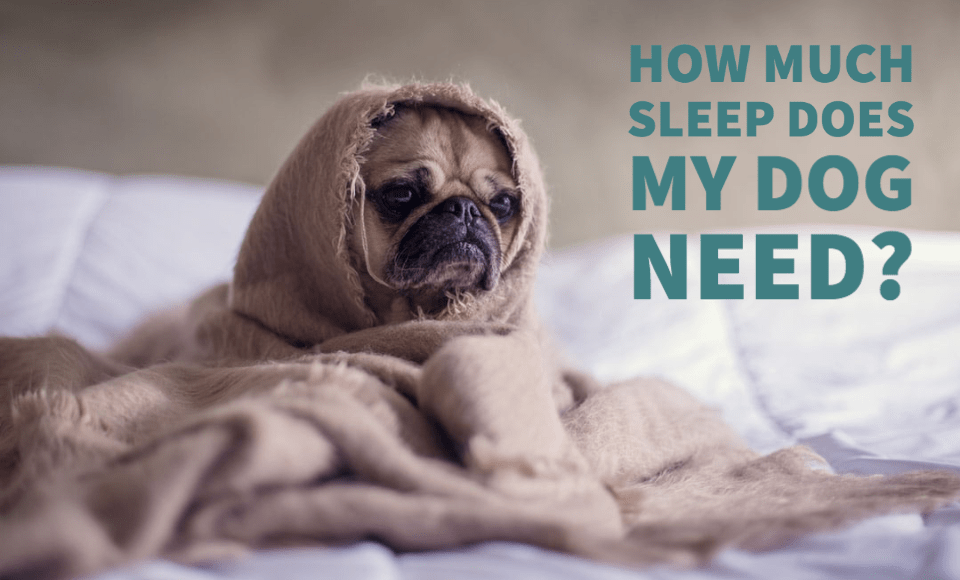Why does Fido sleep so much?
We can make educated guesses. Science has only scratched the surface of human sleep patterns, to say nothing of canine cycles. Parallels do exist between both species. Most importantly, a minimum number of hours spent sleeping is essential to both canine and human health.
Key Differences in Human and Canine Sleep Cycles
Dogs sleep between 12 and 18 hours a day. Larger breeds sleep more than small breeds. Bored couch potatoes sleep more than service dogs. Puppies and elderly dogs sleep more than adults in their prime.
Dogs are “polyphasic sleepers,” taking multiple naps throughout the day and night. Although there are several theories as to why animal behaviorist Larry Lachman argues compellingly that dogs can afford more sleep time because their ancestors were more efficient hunters. They required less time than humans to stalk, catch and eat prey. That left more hours for snoozing.
Lachman’s logic meshes with overall differences in the sleep patterns of predator and prey animals. Sheep, for example, spend far fewer hours asleep than dogs.
Time to Rebuild
For dogs and humans, sleep releases some essential chemicals. Some stimulate the replacement of damaged cells. Some allow the brain to restock glycogen, the brain’s key source of energy. Some scavenge the free radicals that cause oxidative damage to vital organs.
Like humans, dogs experience slow-wave sleep (SWS) and the dream state evidenced by rapid eye movements (REM). Dogs apparently don’t need as much REM sleep. About 12 percent of a dog’s total sleeping time is in the REM state, as compared with nearly 25 percent for humans.
SWS is important for cellular repair. The REM phases may be important for memory consolidation. (Yes, dogs have memories.) Dr. Jonathan Winson of New York’s Rockefeller University believes animals need REM sleep to integrate learned behavior that is essential to their survival.
Know Your Dog’s Sleep Patterns
Once dogs graduate from puppyhood, they typically settle into their own unique sleep patterns. It’s important for owners to know what those patterns are. Changes can signal health problems. Hypothyroidism, a problem to which English Setters are susceptible, can make for a sleepier dog. The aches of arthritis can cut into a dog’s sleep.
In calculating their dogs’ average total sleep-time, many owners are unaware that Fido may be more active than they realize at night. While his human settles in for 7-8 hours of sleep, Fido may spend several hours on alert.
Unless your dog is sleeping excessively, for lack of sufficient mental and physical stimulation, let him sleep. Don’t wake him when he’s chasing bunnies in his dreams. He needs his REM time. Just as you do.

